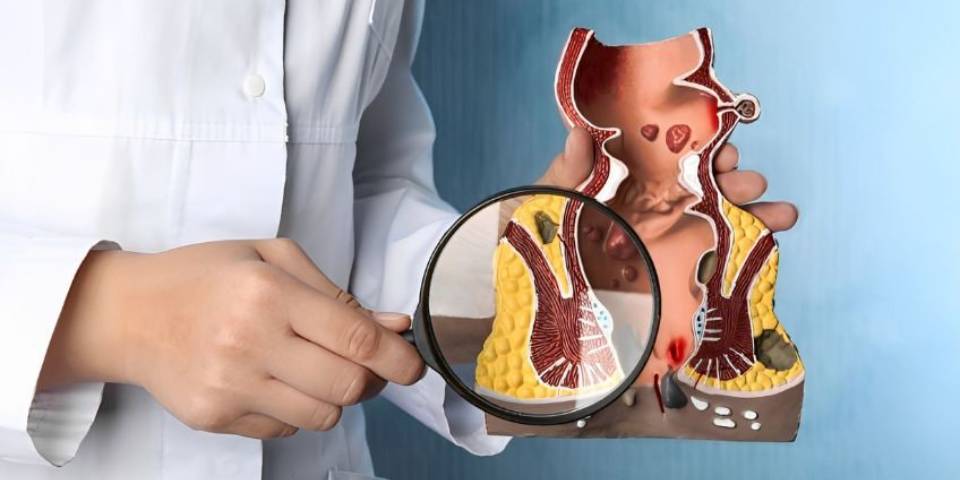A fistula is a connection between two organs or vessels that are not normally connected. Fistulas can arise in various parts of the body, such as in the Digestive tract, urinary path, and in between blood vessels. They can develop as a result of injury, infection, inflammation, or surgery.
In this blog, Dr. Bhushan Chittawadagi who is the best Fistula specialist and best gastroenterologist in Bangalore, gives some valuable tips for preventing fistula complications and complex problems. He has more than 18+ years of experience in treating fistula problems.
9 Tips for Preventing Fistulas: By Dr Bhushan Chittawadagi
- Preserve a Diet Rich in Fiber: Digestive health depends on a diet that is rich in fiber. Fiber helps to overcome the constipation problem, which can be the formation of anal fistulas by disturbing the bowel motions. If you are getting proper fiber in your diet, which includes a lot of fruits, vegetables, whole grains, and legumes in your meals it helps to reduce the problem of fistula.
- Maintain Proper Hydration: Drinking enough water helps to pass easy stools and also helps in regular bowel motions. During the day, always remember to stay hydrated, especially if you’re following a high-fiber diet.
- Practice Good Hygiene: Good hygiene plays an important role in preventing infections that can lead to fistulas. Practice regular anal hygiene, like gentle cleansing with warm water after bowel movements. Avoid harsh soaps or wipes that may irritate the delicate skin in the anal area help to reduce the effect of anal fistula problem
- Avoid Straining During Bowel Movements: Straining during bowel movements can increase pressure in the anal region and contribute to the development of fistulas. To reduce the straining, ensure you’re getting a good amount of fiber and hydration in your diet which helps to maintain soft stools. Additionally, avoid delaying bowel movements when you feel the urge to go.
- Manage Digestive Conditions: If you have underlying digestive conditions like Crohn’s disease, ulcerative colitis, or diverticulitis, it’s essential to manage them effectively to reduce the risk of fistulas. Work closely with your healthcare provider to develop a treatment plan that addresses your specific needs.
- Quit Smoking: Smoking can damage your digestive health and it increases the risk of complications like fistulas. If you’re a smoker, take into consideration quitting the smoke which helps to improve your overall health and reduce your risk of digestive issues.
- Maintain a Healthy Weight: If you are overweight or obese can put additional pressure on the digestive tract, and it increases the risk of conditions like piles and anal fistulas. If you maintain your healthy weight through a balanced diet and regular exercise.
- Attend Regular Check-ups: Regular visits to your doctor allow for early detection and management of any digestive issues or underlying conditions that could predispose you to fistulas. Routine screenings and assessments can help identify potential problems before they become more dangerous and help to overcome the symptoms of fistula problem
- Exercise Regularly: Regular physical activity not only helps maintain a healthy weight but also promotes proper digestion and bowel function. Aim for at least 30 minutes of moderate exercise most days of the week.
Maintaining good digestive health is important for an overall healthy life, and well-being and can help reduce the risk of developing fistulas. By following these valuable tips which are shared by Dr. Bhushan Chittwadagi who provides the best fistula treatment in Bangalore, you can take positive steps to support your digestive system and enjoy better health. Remember to eat a balanced diet, stay hydrated, practice good hygiene, exercise regularly, manage stress, and seek timely medical care when needed. Your digestive health is in your hands, so give importance to it today for a healthier and better future

